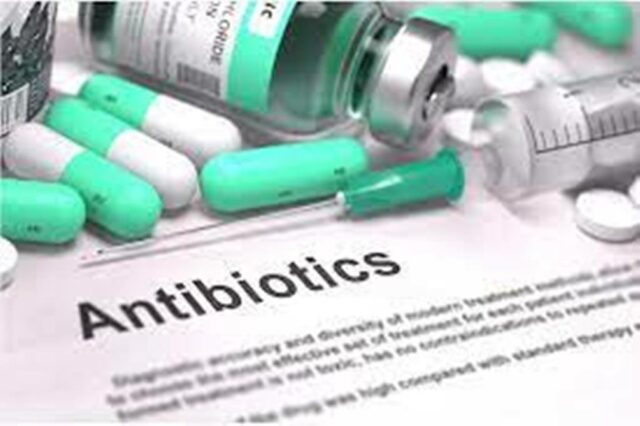The main collateral damage of taking antibiotics without having an infection of this type is that the bacteria generate a mechanism of resistance to these drugs that means that when they are really needed in the future, there will be microorganisms against which they will no longer have an effect.
“If you take antibiotics for an infection that is not caused by bacteria, for example, viral infections, what you are going to do is generate resistance without any benefit,” explains Carlos Álvarez, an infectious disease doctor, member of the Colombian Association of Infectious Diseases (Acin) .

Álvarez adds that resistance is not only generated by the bacteria that live with us, but “in turn, as we interact with other people, we can facilitate the transmission of these bacteria and, therefore, cause another person to have resistant bacteria, even if you haven’t taken antibiotics.”
In this sense, what happens when antimicrobials are consumed is that the bacteria, which are living organisms, try to find mechanisms to defend themselves.Specifically, bacteria are susceptible to antibiotics, that is, they die when the antimicrobial is consumed, but there are other bacteria that do not die, acquire the possibility of seeking a mechanism that prevents the action of the antibiotic, generate genetic alterations that translate in barriers to antibiotic action.
In this way, according to Álvarez, it must be taken into account that bacteria are very “good neighbors”.“The resistance mechanisms are not only passed on to their clones or daughters in quotes, but they can also be passed on to neighboring bacteria and this means that the resistance phenomenon generated by one bacterium can be used by other bacteria that are around that one”, explained the infectologist, emphasizing that, given the seriousness of the problem, it is perhaps one of the challenges that public health will have to face in the future.
The 12 commandments
Likewise, normally when talking about antibiotics, the first thing that comes to mind is that side effects appear, but the most important thing is that, in the case of antimicrobials, there is the risk and the possibility that microorganisms generate resistance to these.
In this context, the Ministry of Health and Social Protection proposed some strategies to deal with antimicrobial resistance:
- In the first place, the main recommendation is that an antibiotic drug should only be ingested if the doctor prescribed it, taking into account that in the event of symptoms of any disease, a specialist should be consulted and not self-medicate in any case.
- Thus, it is essential to keep in mind that self-medicating antibiotics can have risks to your health: taking them at unnecessary times can create greater complications in the future in the treatment of diseases.If you take antibiotics against an infection that is not bacterial, such as viral infections, you develop resistance without benefit
- On the other hand, in case the treating doctor has prescribed antibiotics, take them as prescribed and for the indicated time, because the drugs are designed to treat specific diseases and your doctor knows in depth what the drug is that will be most effective in treating your condition.
- According to the Ministry of Health, the scientific community even insists on the need to be rigorous when consuming them, since their misuse is making these medications lose their effectiveness.
- Added to the above is to be clear that increasing the dose of antibiotic does not improve it faster, but instead increases the risk of side effects. “Increasing the dose of a medication can cause intoxication and have an adverse effect on your body,” explains the Health portfolio.
- If the symptoms of the infection persist, do not prolong the antibiotic, instead consult your doctor. On the other hand, keep in mind that antibiotics are only useful for infections caused by bacteria and that these medicines are not used to cure infections caused by viruses such as the flu, in addition to which antibiotics do not prevent the spread of this or from other viruses.
- Another good practice is not to share drugs with family or friends. It is common for a person who feels bad, with a sore throat, urinary discomfort or fever, to resort to those antibiotic pills that were left over from a previous treatment, their own or that of a family member: do not do it, since this may not treat symptoms effectively.
- Do not administer your antibiotics to your pets; they require to be seen by the veterinarian in case they need them. The World Health Organization (WHO) recommends that the agricultural, fish farming and food industries stop systematically using antibiotics to prevent disease in healthy animals.
- Finally, frequent hand washing prevents the spread of viruses and bacteria. According to the WHO, handwashing is one of the key strategies for a healthy life.
